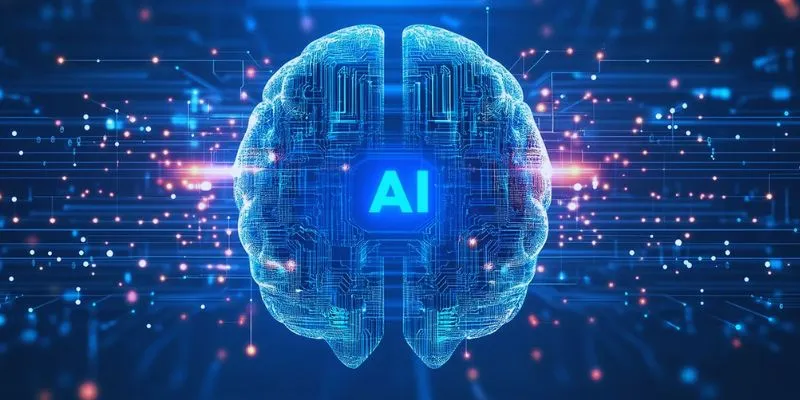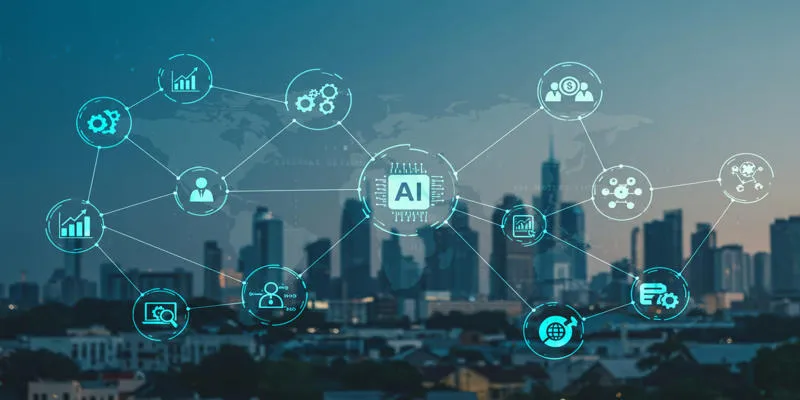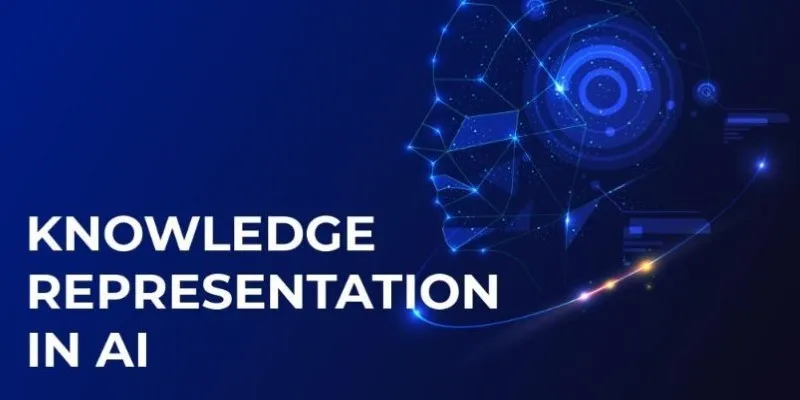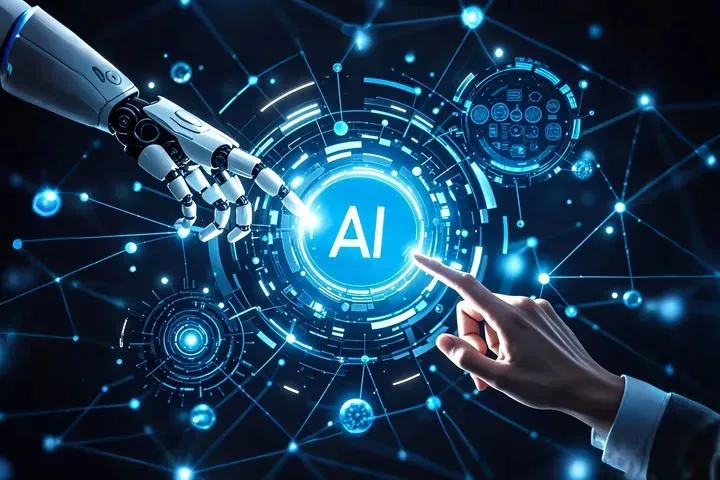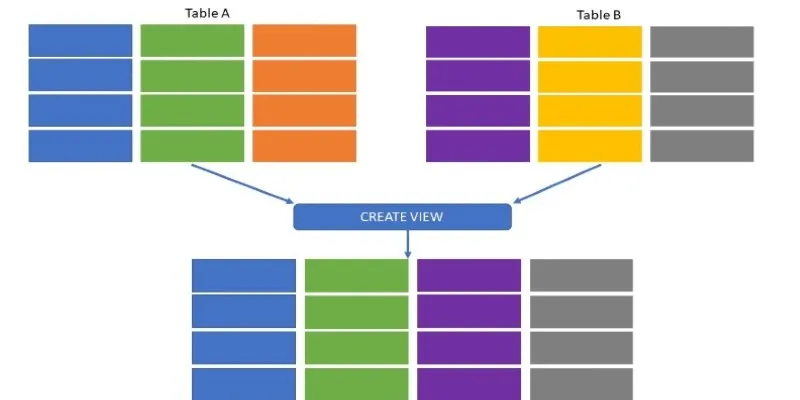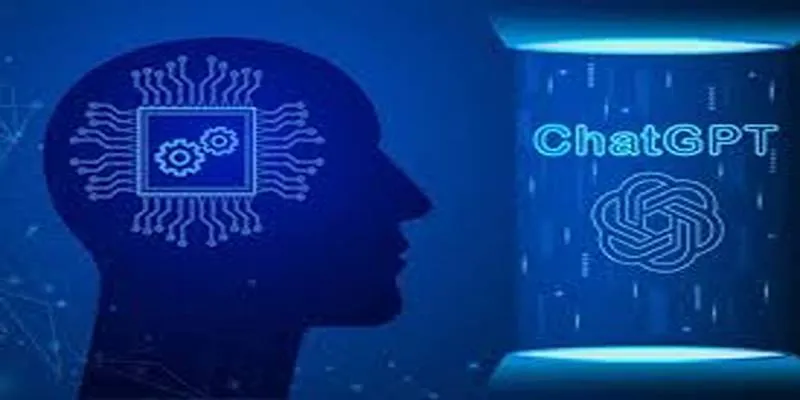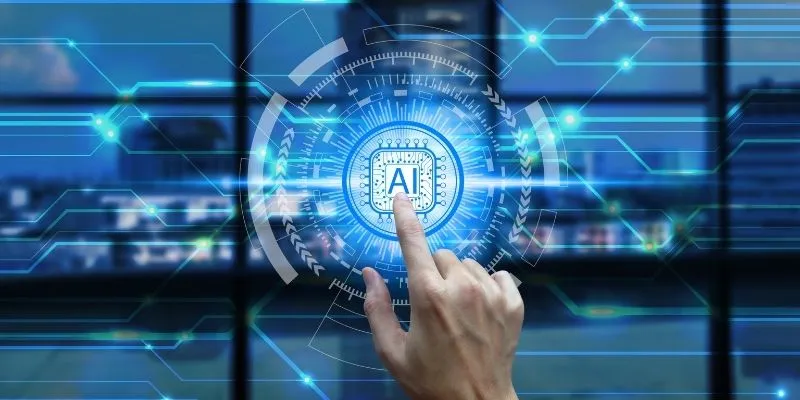The rise of artificial intelligence (AI) has sparked numerous debates on how it will reshape our world. From revolutionizing industries to altering daily routines, AI promises to impact productivity in ways we are only beginning to understand. For many, productivity means achieving more in less time, and AI tools seem to fit that purpose perfectly. Whether workplace automation reduces human error or smart assistants streamline everyday tasks, AI offers unprecedented opportunities.
However, with such opportunities come apprehensions. Will AI truly be a facilitator of productivity, or will it create problems that may prove counterproductive? This article explores the potential for AI to transform productivity within sectors and outlines both its opportunities and risks.
How AI Enhances Workplace Efficiency
AI’s greatest advantage is its ability to handle repetitive and time-consuming tasks. By automating mundane processes, organizations can concentrate on strategic activities. For instance, customer support teams no longer deal with basic questions; they use AI-powered chatbots for those issues, allowing human agents to focus on more complex queries. This not only accelerates response times but also maximizes the use of human resources.
AI-powered analytics tools empower businesses to make faster data-driven decisions. Data is processed at incredible rates, and insights that might take hours or even days for human analysts can be generated in moments. This enables businesses to respond quickly to market shifts and trends, significantly boosting productivity.
AI also minimizes mistakes in tasks like data entry and mathematical computations. Machines do not experience fatigue or lapses in concentration, ensuring work is carried out with high precision. As a result, there is less time spent rectifying mistakes, leading to better outcomes. Ultimately, the automation of routine tasks and the accuracy of AI-based tools ensure that work is conducted more efficiently and productively.
Workplace Automation and Its Broader Implications
AI-driven workplace automation significantly increases efficiency but raises concerns about its broader implications. Automation of repetitive tasks allows employees to focus on higher-level creative problem-solving and innovation. At the same time, there are fears about job displacement as some roles become obsolete.
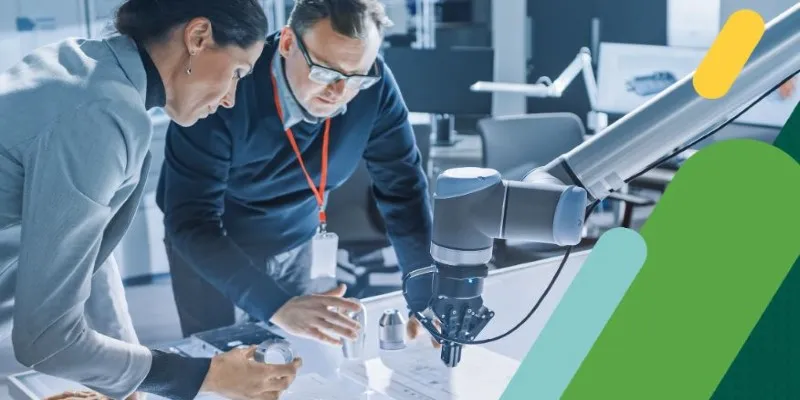
Despite these concerns, history shows that technological advancements often create new opportunities while eliminating outdated ones. In many cases, AI enhances human capabilities rather than replacing them. For instance, in healthcare, AI systems help doctors process medical data faster and more accurately, leading to quicker diagnoses and better patient outcomes. This synergy between humans and AI not only boosts productivity but also ensures high-quality results.
In industries like manufacturing, AI has given rise to smart factories, where machines autonomously communicate and coordinate tasks. These smart factories not only improve output but also minimize downtime through predictive maintenance. By using AI to predict equipment failures before they occur, companies can reduce interruptions and enhance operational efficiency.
In the long run, workplace automation powered by AI offers both challenges and opportunities, ultimately driving more efficient and productive work environments.
The Role of AI Tools in Shaping the Future of Work
As AI becomes increasingly sophisticated, its role in shaping the future of work grows more prominent. AI tools are already transforming how individuals and teams collaborate. Virtual meeting platforms with AI-driven features such as automatic transcription and real-time language translation are making it easier for teams to communicate across borders, enhancing global productivity.
Moreover, AI tools are fostering personalized learning and development. Platforms that leverage machine learning can create tailored training programs for employees, helping them acquire new skills more quickly and effectively. This not only improves individual performance but also enhances overall organizational productivity by ensuring that workers are equipped to meet evolving business demands.
AI tools also support remote work, a trend that has gained significant momentum in recent years. With AI-enabled project management systems and productivity trackers, companies can monitor progress and maintain efficiency even when employees are geographically dispersed. This flexibility has opened doors to a more diverse talent pool, allowing businesses to tap into expertise from around the world.
Overcoming Challenges: Ethical Concerns and the Future of AI Integration
While AI holds great promise, it is not without its challenges. The rise of workplace automation and AI tools comes with a host of ethical concerns. Issues such as data privacy, the risk of bias in AI algorithms, and the potential for job displacement are at the forefront of discussions about AI’s role in society. How we address these challenges will determine how successfully AI can be integrated into our daily lives and workplaces.
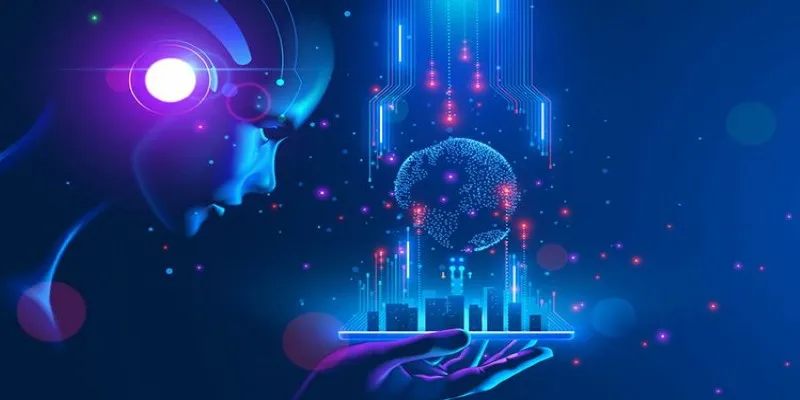
For instance, AI systems rely on vast amounts of data to function effectively, raising questions about the ownership and security of that data. Another significant concern is ensuring that AI systems are transparent and unbiased. If AI algorithms are not carefully designed and monitored, they could perpetuate existing inequalities in decision-making processes.
Additionally, while automation may increase productivity, it also leads to fears about job displacement. Workers in heavily automated roles may find themselves out of work, which can have a ripple effect on the economy. Addressing these concerns requires careful planning and policy-making to ensure that AI’s integration benefits everyone.
Conclusion
Artificial intelligence holds immense potential to transform productivity across industries by automating tasks, improving decision-making, and fostering innovation. While concerns about job displacement and ethical dilemmas persist, AI’s ability to augment human capabilities offers hope for a more efficient and productive future. From workplace automation to advanced AI tools, the impact of AI on productivity is far-reaching, promising significant changes in how we work and live. Ultimately, whether AI becomes a productivity booster or a challenge depends on how we choose to integrate it into our lives. By focusing on collaboration between humans and machines and addressing the associated risks, we can unlock AI’s full potential to drive productivity forward.
 zfn9
zfn9



